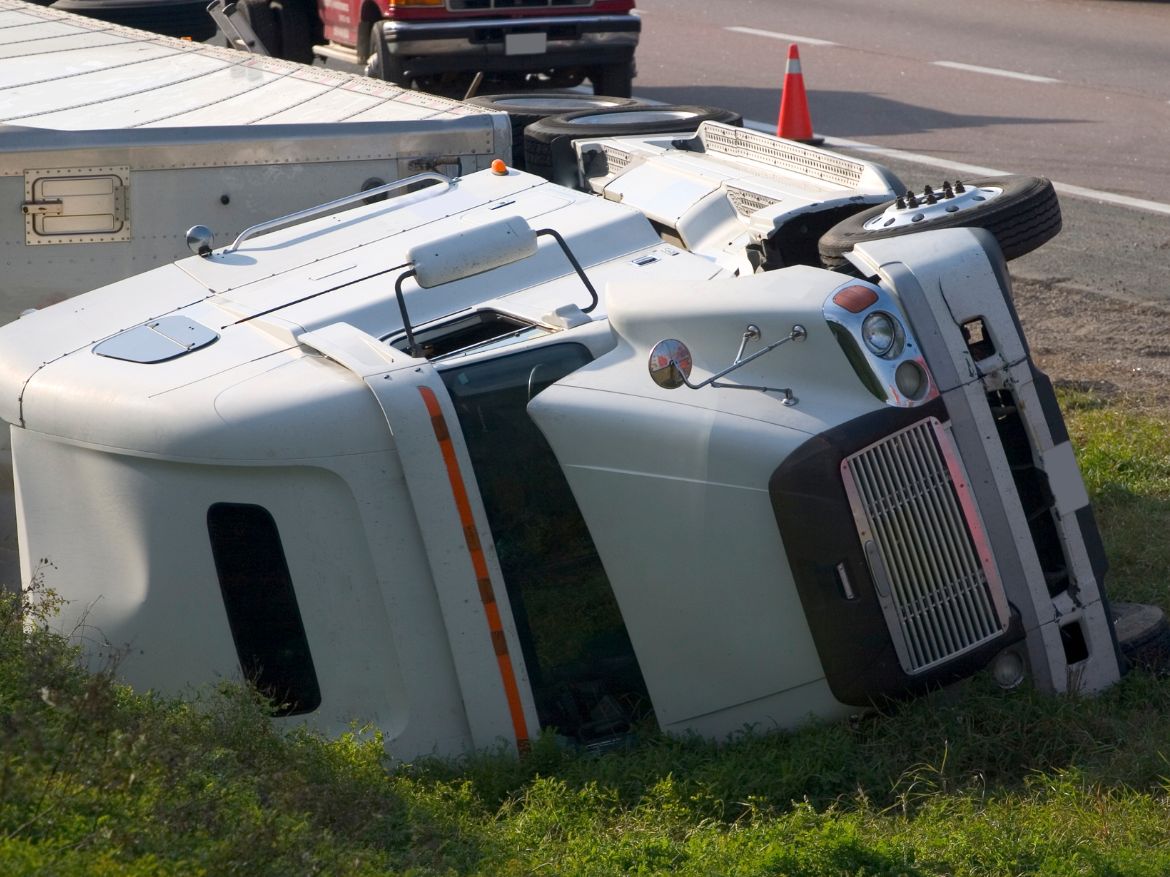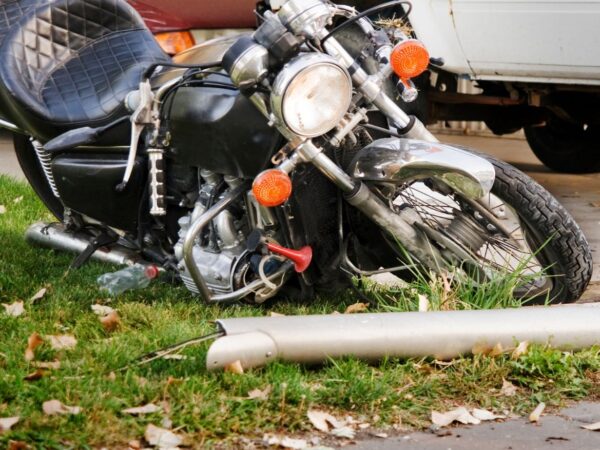
Who Can Be Held Liable in a Commercial Truck Accident?
Commercial truck accidents are some of the most catastrophic collisions on U.S. roads. Due to their size, weight, and momentum, trucks such as semis, big rigs, and delivery vehicles can cause devastating injuries and fatalities when involved in an accident. But beyond the physical damage lies a complicated legal question: Who can be held liable in a commercial truck accident?
Unlike regular car accidents, truck accidents often involve multiple parties with overlapping responsibilities. Determining liability isn’t always straightforward, and multiple layers of insurance, federal regulations, and business contracts can complicate a victim’s ability to recover full compensation. Understanding who may be at fault—and how to hold them accountable—is essential to building a strong legal claim.
The Truck Driver
The most obvious party to consider is the truck driver. If the driver was negligent in any way, they may be held personally responsible for the accident. Common examples of driver negligence include:
- Driving while fatigued or violating hours-of-service rules
- Speeding or reckless driving
- Distracted driving (e.g., texting, eating, using a GPS)
- Driving under the influence of drugs or alcohol
- Failing to check blind spots before changing lanes
Truck drivers are held to a higher standard than typical drivers because they operate large, dangerous vehicles. If their behavior behind the wheel was careless or unlawful, they can be named in a personal injury or wrongful death lawsuit.
The Trucking Company (Carrier)
In many cases, the trucking company that employs or contracts the driver may also be held liable. Employers are generally responsible for the actions of their employees while on the job—a legal concept known as vicarious liability.
Additionally, trucking companies may be directly liable if they contributed to the crash through:
- Poor driver training or hiring practices
- Failure to monitor driver performance or history
- Encouraging violations of federal hours-of-service regulations
- Neglecting maintenance and inspection schedules
Some companies may misclassify drivers as independent contractors to avoid liability, but the court may still assign fault to the company based on the level of control they exercised.
The Truck Owner
Not all trucks are owned by the driver or carrier. In many cases, the truck is leased from a third party. If the vehicle owner failed to keep the truck in roadworthy condition, they may also be held liable.
Liability may arise from:
- Skipping safety inspections or regular maintenance
- Leasing a truck with known mechanical issues
- Ignoring federal commercial vehicle regulations
The Cargo Loader or Shipper
If cargo shifts, spills, or causes the truck to tip, the party responsible for loading the trailer may be held liable. This can include third-party logistics companies, warehouse operators, or even the shipper.
They may be at fault for:
- Overloading the trailer
- Failing to secure freight properly
- Ignoring load balance standards
Poorly loaded cargo affects truck handling, especially during turns or braking. Violations of federal cargo securement rules can directly result in liability.
The Manufacturer or Parts Supplier
Some truck accidents are caused by mechanical failures, such as brake failure or tire blowouts. If a defect in the truck or its components played a role, the manufacturer or supplier may be liable under product liability laws.
Defective components may include:
- Braking systems
- Steering mechanisms
- Engine or transmission components
- Lights or safety equipment
In these cases, claims may be filed against the truck manufacturer, parts supplier, or dealership responsible for installing the faulty components.
The Maintenance Provider
Many trucking companies hire outside vendors for routine inspections and repairs. If a maintenance provider fails to fix a known issue—or performs negligent repairs—they may share liability.
Examples of negligence include:
- Failing to replace worn brake pads
- Improperly inflating tires
- Skipping required inspections
A Government Entity or Road Contractor
Occasionally, poor road design or dangerous road conditions may contribute to an accident. In these cases, a government agency or contractor could be held responsible.
Liability may arise from:
- Inadequate road signage or lighting
- Unmarked construction zones
- Poorly maintained highways
Claims against government entities have special filing deadlines and procedures, so it’s important to act quickly.
Multiple Parties May Share Liability
Truck accidents often involve multiple contributing factors. A fatigued driver, an overloaded trailer, and a defective part may all play a role in the same accident. In such cases, liability is shared between multiple parties.
This is known as comparative fault or joint liability. Each party may be responsible for a percentage of damages based on their level of fault. Identifying all liable parties ensures the victim receives full compensation, especially if one insurer cannot cover the full amount.
How Liability Is Proven
Truck accident cases are complex. Proving liability requires a detailed investigation and strong supporting evidence. Attorneys often work with accident reconstruction experts, subpoena company records, and examine vehicle black box data.
Common forms of evidence include:
- Driver logbooks and GPS records
- Police and accident reports
- Dash cam or surveillance video
- Maintenance and inspection records
- Witness statements
Legal teams move quickly to preserve this evidence before it can be altered or destroyed.
Why Determining Liability Matters
Determining who is responsible for the accident is essential for recovering compensation. Victims of commercial truck crashes may be entitled to damages for:
- Medical bills (current and future)
- Lost income and reduced earning potential
- Property damage
- Pain and suffering
- Disability or disfigurement
- Wrongful death (if applicable)
Without clear liability, insurance companies often try to minimize or deny claims altogether. That’s why experienced legal guidance is so important.
Contact LA Personal Injury Attorneys
If you or a loved one has been injured in a commercial truck accident, you don’t have to navigate the legal system alone. These cases often involve multiple parties, federal regulations, and aggressive insurance defense teams.
LA Personal Injury Attorneys has the experience, resources, and determination to hold the right parties accountable and fight for the compensation you deserve. From investigating liability to negotiating a fair settlement or going to trial, we’re ready to stand by your side.
Contact LA Personal Injury Attorneys today to schedule your consultation and take the next step toward justice.


